FAQs About Starting Psychiatric Medications
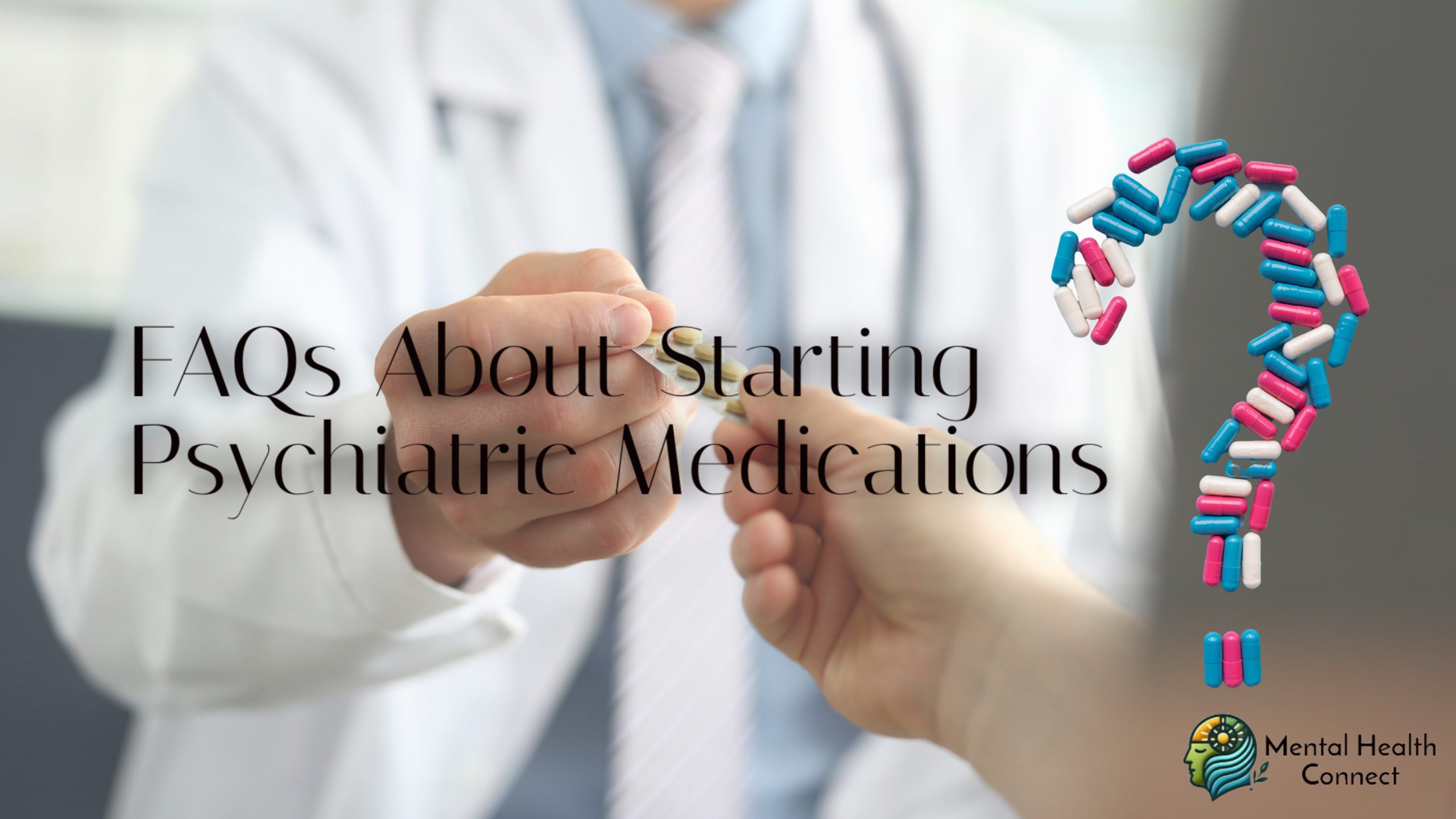
Beginning psychiatric medication can feel overwhelming. Many patients struggle with uncertainty about what to expect, potential side effects, and how these medications actually work. This guide addresses the most common questions people have when starting psychiatric treatment, emphasizing the critical importance of maintaining open communication with healthcare providers throughout the process.
Initial Considerations Before Starting Medication
How do I know if medication is right for me?
The decision to start psychiatric medication typically involves weighing several factors:
- Severity of symptoms and their impact on daily functioning
- Whether non-medication approaches have been sufficient
- Your personal preferences regarding treatment approaches
- Family history of response to specific medications
- Potential risks versus benefits for your specific situation
While medication isn’t necessary for everyone with mental health concerns, it can be life-changing for many. Your provider should help assess if medication might be beneficial in your specific circumstances.
Will I need to take medication forever?
Treatment duration varies widely depending on your condition, history, and response:
- Some conditions may require long-term medication management
- Others might benefit from shorter courses of treatment
- Many factors influence duration, including how many episodes you’ve experienced
- For certain conditions, gradual medication discontinuation may be possible after sustained stability
This is an important question to discuss with your provider at the outset, recognizing that treatment plans often evolve over time.
Understanding How Psychiatric Medications Work
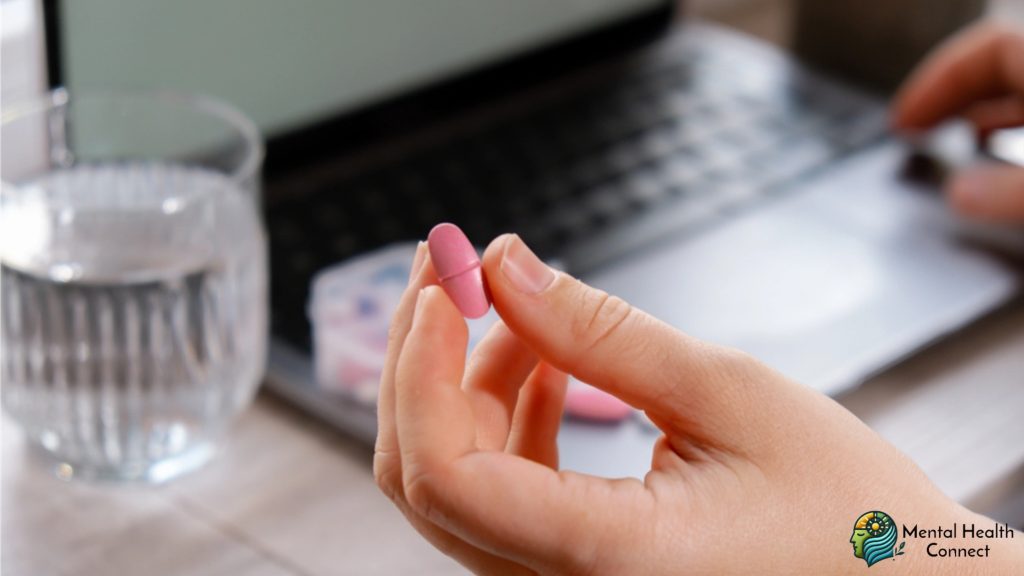
How long will it take to feel better?
Different psychiatric medications have varying timelines for effectiveness:
- Most antidepressants typically take 2-6 weeks for full therapeutic effect
- Some anxiety medications may provide relief within hours
- Mood stabilizers often require several weeks to reach therapeutic levels
- Antipsychotics may reduce certain symptoms within days, while others improve over weeks
It’s crucial to continue taking medication as prescribed even if you don’t notice immediate benefits, while maintaining regular communication with your provider about your experience.
How do these medications actually work in the brain?
Psychiatric medications work through various mechanisms:
- Antidepressants typically increase levels of neurotransmitters like serotonin, norepinephrine, or dopamine
- Anxiolytics often enhance the effects of GABA, a calming neurotransmitter
- Mood stabilizers may regulate cellular signaling and neurotransmitter systems
- Antipsychotics primarily modulate dopamine and serotonin systems
While we understand general mechanisms, individual response varies significantly due to genetic differences, environmental factors, and specific symptom patterns.
Side Effects and Concerns
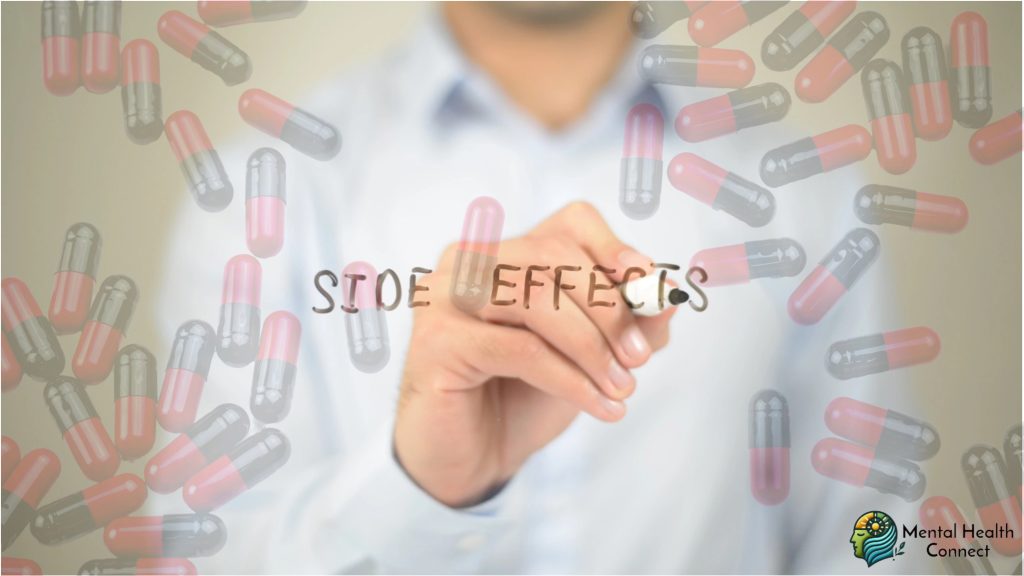
What side effects should I expect?
Side effects vary by medication class but commonly include:
- Initial increased anxiety or restlessness (particularly with some antidepressants)
- Sleep changes (either insomnia or drowsiness)
- Digestive symptoms (nausea, changes in appetite)
- Sexual function changes
- Dizziness or headaches
Most side effects are most prominent when starting medication or changing dosages, and often diminish within the first few weeks. Serious side effects are less common but should be promptly reported.
Will psychiatric medication change my personality?
This is a common concern that deserves thoughtful consideration:
- Effective psychiatric medication should not fundamentally alter who you are
- Rather, it aims to reduce symptoms that may be interfering with your ability to be yourself
- Many patients report feeling “more like themselves” once symptoms improve
- Some medications may temporarily affect aspects of emotional responsiveness
If you feel your personality is changing in concerning ways, this warrants immediate discussion with your provider.
Practical Considerations
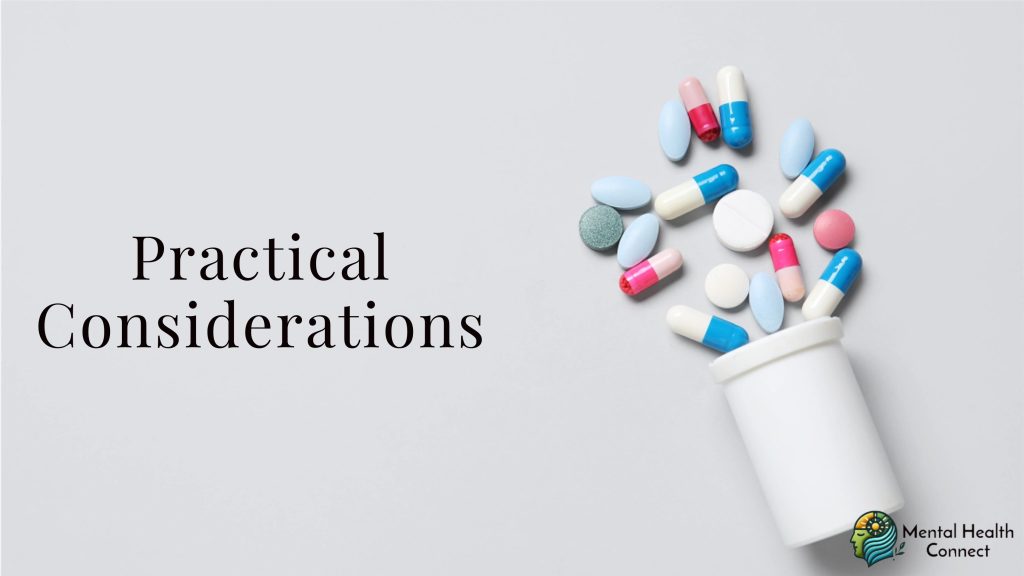
How will I know if my medication is working?
Measuring medication effectiveness involves multiple approaches:
- Tracking specific symptoms using rating scales or journals
- Noticing improvements in daily functioning
- Gathering feedback from trusted people in your life
- Regular assessment by your healthcare provider
Improvement is often gradual rather than sudden, and sometimes others notice positive changes before you do.
Can I drink alcohol or use other substances while on psychiatric medication?
This question requires careful consideration:
- Alcohol and many recreational drugs can interact negatively with psychiatric medications
- These interactions may reduce medication effectiveness or increase side effects
- Some combinations can be dangerous or potentially life-threatening
- Even substances that don’t directly interact may complicate symptom assessment
Be completely honest with your provider about substance use to ensure your safety and optimize treatment effectiveness.
Managing Medication Treatment
What if the first medication doesn’t work?
First-line treatments don’t work for everyone:
- Finding the right medication often involves some trial and error
- Your provider may adjust dosages before switching medications
- Combination approaches might be considered for partial response
- Your personal and family history can help guide these decisions
- Genetic testing might sometimes provide additional guidance
Despite initial disappointment, many people ultimately find effective treatments after one or more adjustments.
How will medication interact with my other treatments?
Psychiatric medication often works best as part of a comprehensive approach:
- Psychotherapy and medication can be particularly effective when combined
- Lifestyle factors like sleep, nutrition, and exercise remain important
- Some therapies (like CBT) may help extend medication benefits
- Open communication between all providers ensures coordinated care
Be sure all your healthcare providers know about all treatments you’re receiving.
Special Circumstances
What about pregnancy and breastfeeding?
Special considerations apply during reproductive years:
- Some psychiatric medications have established safety data during pregnancy
- Untreated psychiatric conditions themselves pose risks during pregnancy
- Individualized risk-benefit analysis is essential
- Preconception planning allows for medication adjustments when possible
- Similar considerations apply to breastfeeding
If you’re considering pregnancy, discuss this with your provider ideally before conception.
What about medication for children and adolescents?
Treating younger populations involves additional factors:
- Benefit-risk calculations may differ from adult treatment
- Developmental considerations affect both symptoms and treatment response
- Monitoring may need to be more frequent
- Family involvement in treatment is typically more extensive
- Fewer medications may have specific approval for younger age groups
Working with providers specialized in treating youth is often advantageous.
Building a Successful Partnership With Your Provider
What questions should I ask before starting medication?
Prepare for your appointment by considering these questions:
- What are the expected benefits of this specific medication?
- What side effects might occur and when?
- How will we know if it’s working?
- What’s the typical timeline for improvement?
- Are there any warning signs that would warrant immediate contact?
- How might this interact with my other medications or conditions?
- What alternatives might we consider if this isn’t effective?
Taking notes or bringing someone to appointments can help you retain important information.
How can I best communicate with my provider about my experience?
Effective communication improves outcomes:
- Track specific symptoms and side effects between appointments
- Be honest about medication adherence challenges
- Share concerns about side effects promptly rather than stopping medication
- Ask clarifying questions when you don’t understand something
- Inform your provider about any other treatments or supplements
Remember that finding the right treatment sometimes requires patience and persistence from both you and your provider.
Starting psychiatric medication represents an important step in addressing mental health challenges. While the process may involve some uncertainty, entering treatment with accurate information and open communication with your healthcare provider significantly improves the likelihood of finding an effective approach. Remember that medication is just one tool among many for managing mental health, and integrating it into a comprehensive treatment plan offers the best chance for recovery and wellness.
Quick Reference: Common Questions About Psychiatric Medications
Will I become dependent or addicted to my psychiatric medication?
Most psychiatric medications don’t cause addiction, though some may cause physical dependence requiring gradual discontinuation. This differs from addiction, which involves compulsive use despite negative consequences.
Can I stop my medication once I feel better?
Stopping medication prematurely often leads to symptom return. Always consult your provider before discontinuing any psychiatric medication.
Will I have to try multiple medications before finding one that works?
Some patients respond well to the first medication prescribed, while others may need to try several options. Your provider will use your specific symptoms and history to make informed choices.
How will I afford my medication?
Various options exist for making medications more affordable, including insurance coverage, patient assistance programs, generic options, and pharmacy discount programs. Your healthcare provider or a social worker can often help navigate these resources.
What happens if I miss a dose?
Follow your provider’s specific instructions regarding missed doses, as recommendations vary by medication. Generally, take it when you remember unless it’s almost time for your next dose, but never double-dose without guidance.

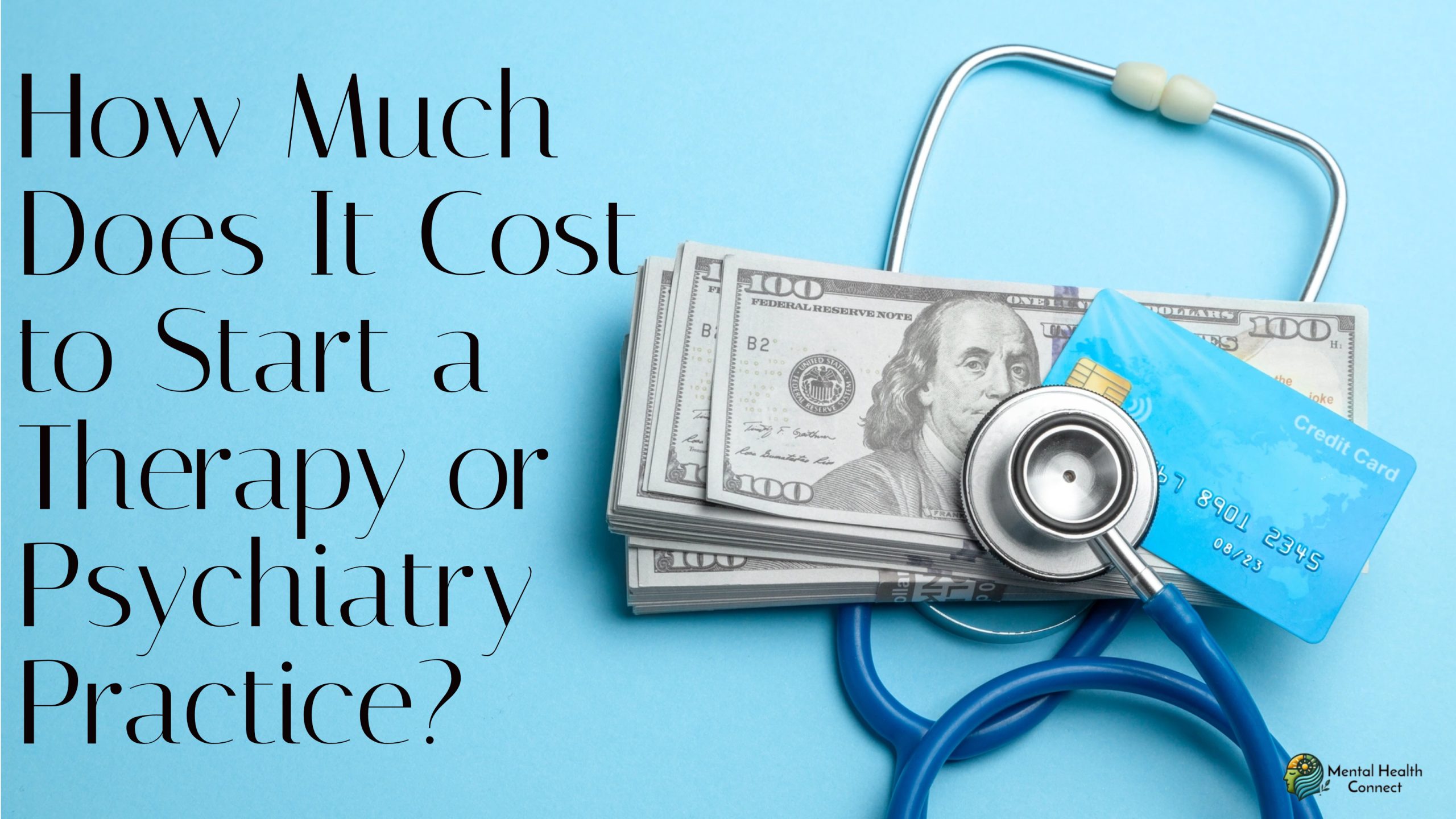
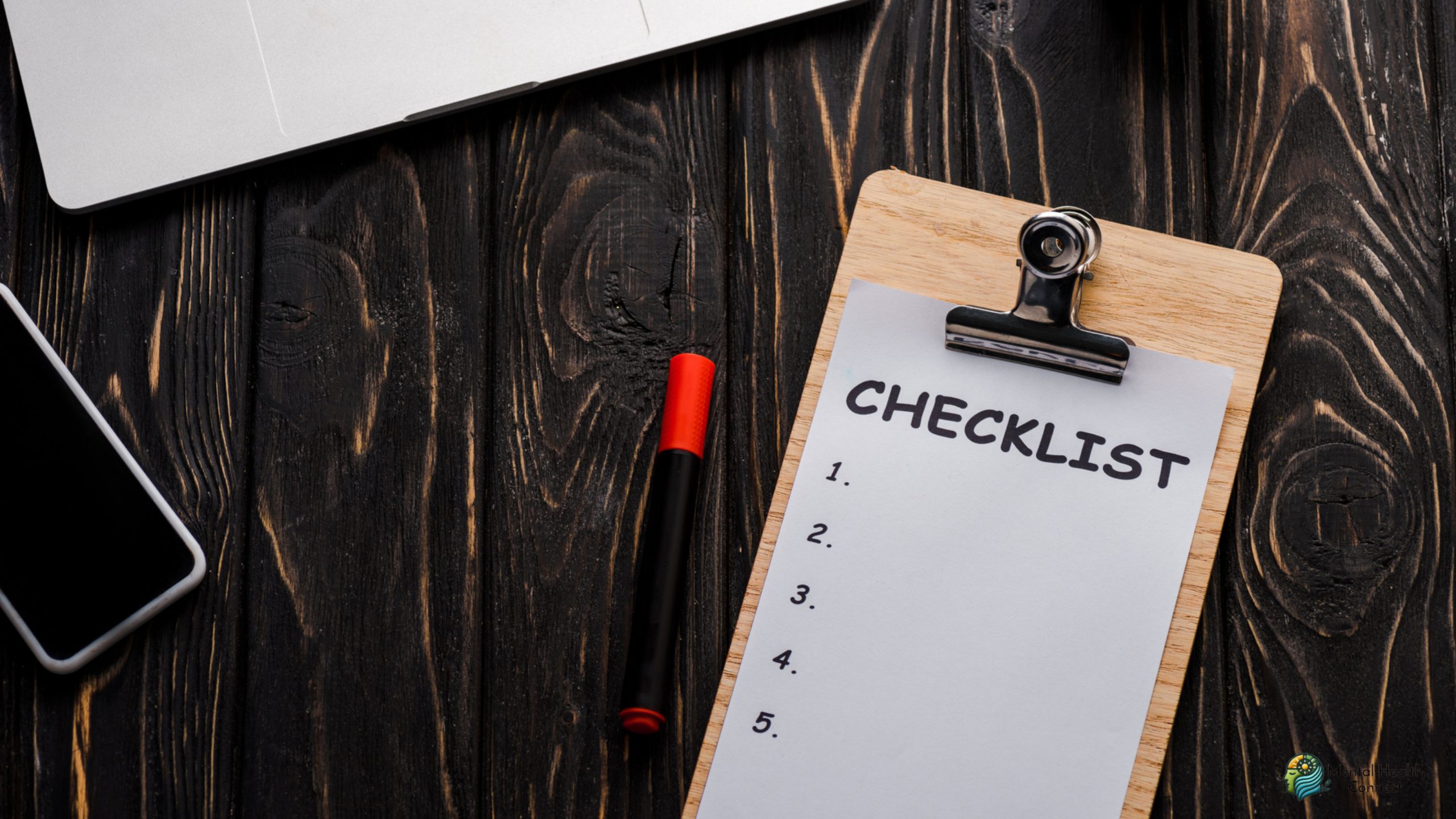
Leave a Reply